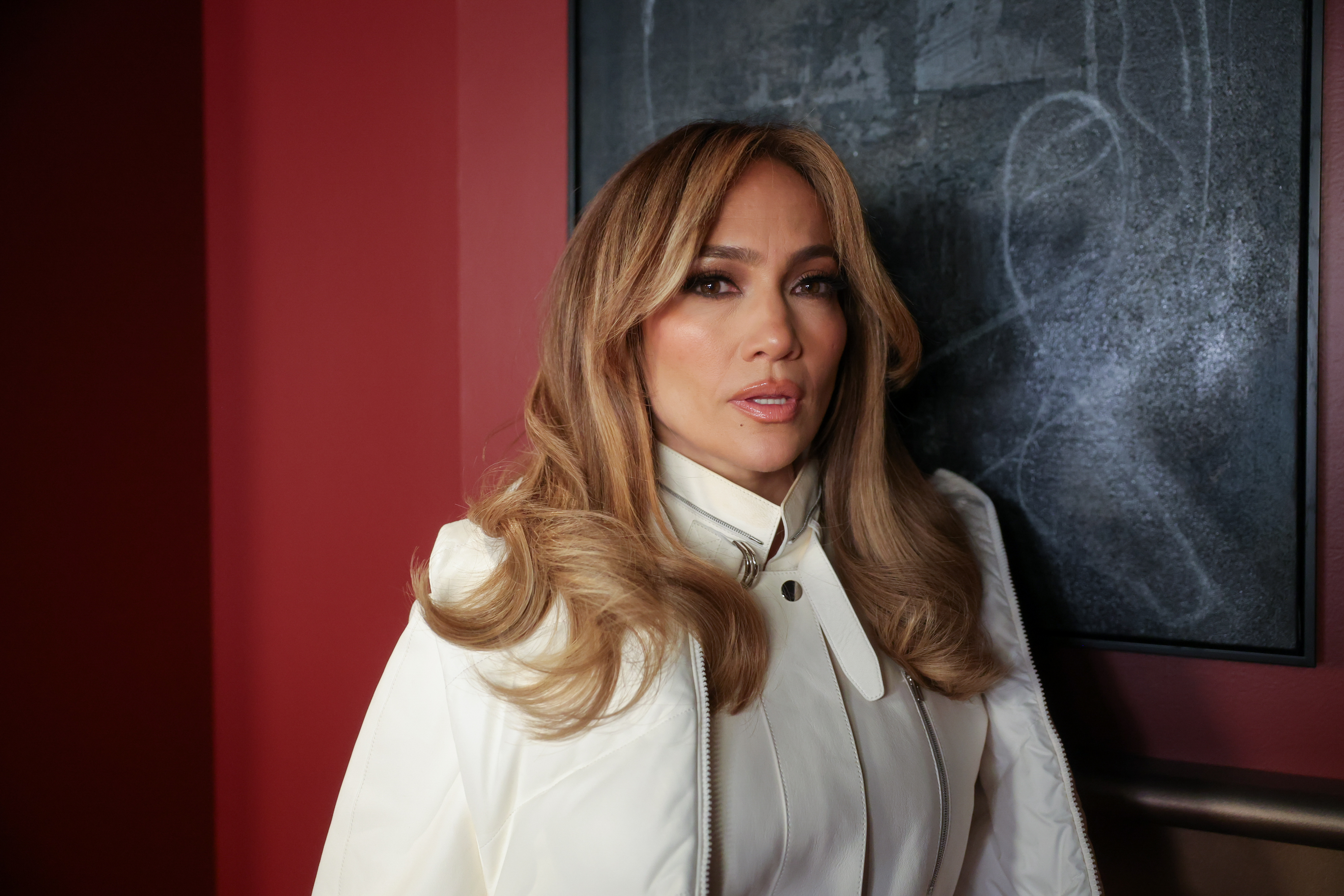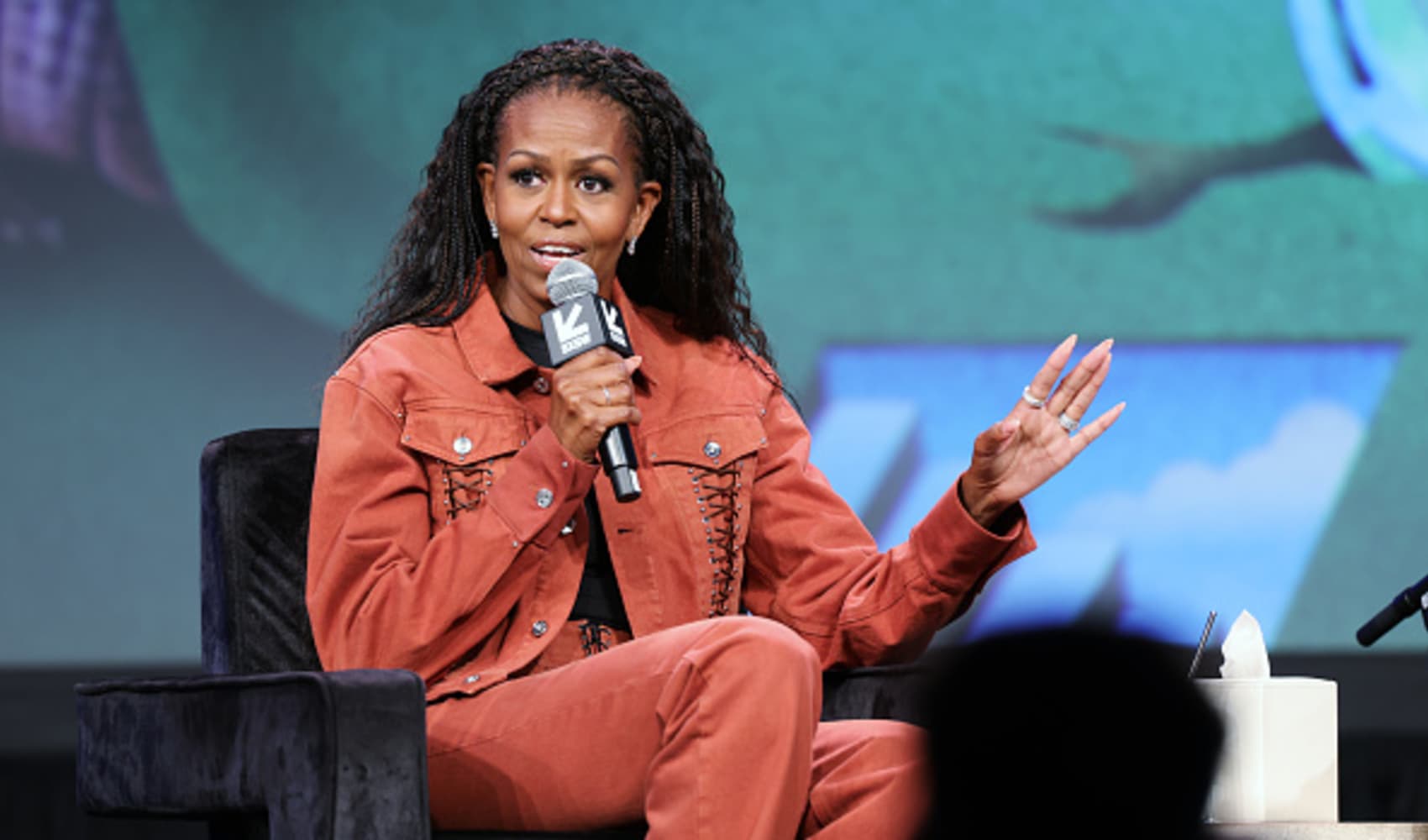Simone Biles' Kids: Will They Be Athletes? She Reveals All!
Simone Biles' Olympic Dream: Will Her Kids Follow Suit?
A Champion's Perspective: Motherhood and the Sporting Life
What happens when an Olympic legend and an NFL star decide to start a family? Well, if you're Simone Biles and Jonathan Owens, it sounds like sports are definitely on the table – but not necessarily the main course. According to a recent E! Online report, Biles hinted at their plans for their future children's athletic involvement. Are we seeing future gymnasts and football players in the making? Let's dive in and explore what this power couple has in store for their kids!
The Reveal: Simone Biles on Her Children's Athletic Future
At the 2025 Kentucky Derby, Simone Biles shared some insights into her and Jonathan Owens' plans for their future family. The short version? They're all about exposing their kids to the world of sports. "We are obviously gonna put them in sports in the beginning so they get their bearings and learn," she told E! News. This suggests a foundation built on athleticism and physical literacy, which is fantastic! But what about beyond the initial exposure?
Building a Foundation: The Importance of Early Exposure
Think of it like this: exposing kids to sports early is like planting a seed. You don't know what kind of tree will grow, but you're giving it the best possible chance to thrive. Early exposure to sports can improve coordination, build confidence, and teach valuable life lessons like teamwork and perseverance. It's not just about winning; it's about learning and growing. Will their kids take to gymnastics or football? That remains to be seen!
The Bigger Picture: Passion Over Pressure
Here’s where things get really interesting. While Biles and Owens plan to introduce their kids to sports, their ultimate goal is for them to find their own passion. "But other than that, we don't really care what they do as long as they find their passion," Biles emphasized. This is a crucial message for all parents: **support your children's dreams, even if they don't align with your own.** It's about fostering their individuality and helping them discover what truly makes them tick.
Supporting Individuality: Beyond the Athletic Field
Imagine the pressure of being Simone Biles' child! The expectations could be astronomical. But Biles and Owens seem determined to shield their kids from that kind of pressure. They want their children to explore their interests freely, whether it's sports, arts, science, or anything else. This approach is incredibly healthy and sets a great example for other celebrity parents and, frankly, all parents.
The Dream of Motherhood: Fulfilling a Lifelong Wish
Simone Biles has always expressed her desire to be a mother. "I've always wanted to be a mother, have kids," she shared. This isn't just about continuing a legacy; it's about fulfilling a personal dream. And with Jonathan Owens equally excited to be a dad, it sounds like their future family is being built on a foundation of love and mutual support. Doesn't that just warm your heart?
A Father's Perspective: Jonathan Owens' Role
While the spotlight is often on Simone Biles, it's important to remember that Jonathan Owens is just as excited about becoming a father. He’s a professional athlete himself, so he understands the dedication and discipline required to succeed in sports. His experience will undoubtedly be invaluable in guiding their children, whatever path they choose. It's a partnership, a team effort, and that’s exactly what kids need.
From Gymnast to Mom: A Natural Transition?
Many people wonder if an athlete's skills and mindset naturally translate to motherhood. In Simone Biles' case, it seems likely. Her discipline, focus, and determination are qualities that would undoubtedly serve her well as a parent. Plus, her experience overcoming challenges and setbacks can provide valuable lessons for her children. She knows what it takes to work hard, and she knows how to bounce back from adversity. Those are life skills that are invaluable.
The Power of Example: Leading by Doing
Simone Biles and Jonathan Owens are role models in their respective fields, and their influence will undoubtedly extend to their children. Kids learn by watching, and seeing their parents pursue their passions with dedication and integrity will be a powerful lesson. It’s not just about the medals and the accolades; it's about the hard work, the sacrifices, and the commitment to excellence. Will their children be inspired to follow in their footsteps? Time will tell, but the potential is definitely there.
The Importance of Play: Making Sports Fun
When introducing kids to sports, it's crucial to make it fun and engaging. The goal shouldn't be to create mini-Olympians or future NFL stars; it should be to foster a love of physical activity and healthy competition. Playing sports is a great way for kids to burn energy, develop social skills, and build self-esteem. And let’s be honest, a little healthy competition never hurt anyone!
Beyond Sports: Embracing Other Passions
Simone Biles' statement about supporting her children's passions, even if they're not sports-related, is incredibly refreshing. "If they turn into musicians, who cares? That is still phenomenal," she said. This demonstrates a genuine commitment to nurturing her children's individuality and helping them discover their unique talents. It’s about creating a supportive environment where they feel free to explore and experiment.
The Musician's Path: A Different Kind of Excellence
Imagine if one of Biles' children became a world-renowned musician. It might not be the path most people would expect, given her athletic achievements, but it would be just as valid and fulfilling. The key is to recognize and celebrate excellence in all its forms, whether it's on the gymnastics floor, the football field, or the concert stage. It’s about supporting the child's dream, no matter where it leads.
The Legacy of Simone Biles: More Than Just Medals
Simone Biles' legacy extends far beyond her Olympic medals. She's a symbol of strength, resilience, and self-acceptance. She's used her platform to advocate for mental health awareness and to inspire others to embrace their imperfections. These are the values that will truly shape her children's lives, far more than any athletic achievement. It’s about raising kind, compassionate, and well-rounded individuals who make a positive impact on the world.
Looking Ahead: The Future of the Biles-Owens Family
While Simone Biles and Jonathan Owens haven't announced any concrete plans for expanding their family, it's clear that they're both excited about the prospect of becoming parents. Their shared values and commitment to supporting each other will undoubtedly create a loving and nurturing environment for their children. And who knows, maybe we will see a future Olympian or NFL star emerging from the Biles-Owens household! Regardless, the future looks bright for this amazing couple and their future family.
A Balanced Approach: Sports, Passion, and Family
Ultimately, Simone Biles and Jonathan Owens seem to be advocating for a balanced approach to raising their children. Sports will be a part of their lives, providing them with valuable skills and experiences. But their ultimate goal is to help their children discover their own passions and pursue them with dedication and enthusiasm. It's a recipe for success, and it's a testament to their love and commitment as parents.
Conclusion: Nurturing Potential, Embracing Individuality
Simone Biles and Jonathan Owens are embarking on a new adventure: parenthood. While they plan to introduce their children to the world of sports, their primary focus is on nurturing their individuality and helping them discover their own passions. They understand that success isn't just about winning medals or scoring touchdowns; it's about finding fulfillment and making a positive impact on the world. It's a lesson we can all learn from.
Frequently Asked Questions (FAQs)
- Will Simone Biles coach her children in gymnastics?
- While she hasn't ruled it out, Simone seems more focused on providing a supportive environment for her children to explore their own interests. It's possible she'll offer guidance, but she likely won't pressure them into following in her footsteps.
- What sports are most likely to be introduced to her children?
- Given their athletic backgrounds, gymnastics and football are likely candidates. However, Simone and Jonathan appear open to exposing their kids to a wide range of sports and activities.
- How will Simone and Jonathan balance their careers with raising children?
- This will undoubtedly be a challenge, but both Simone and Jonathan have demonstrated a strong work ethic and a commitment to family. They'll likely rely on a support system of family and friends to help them navigate the demands of parenthood.
- What are the biggest challenges Simone and Jonathan might face as celebrity parents?
- Privacy and media attention are major concerns. They'll need to find ways to protect their children from the spotlight and ensure they have a normal childhood.
- What advice would Simone Biles give to other parents?
- Based on her comments, Simone would likely advise parents to support their children's passions, encourage them to explore their interests, and create a loving and nurturing environment where they can thrive. Most importantly, remember to let your kids be kids!



